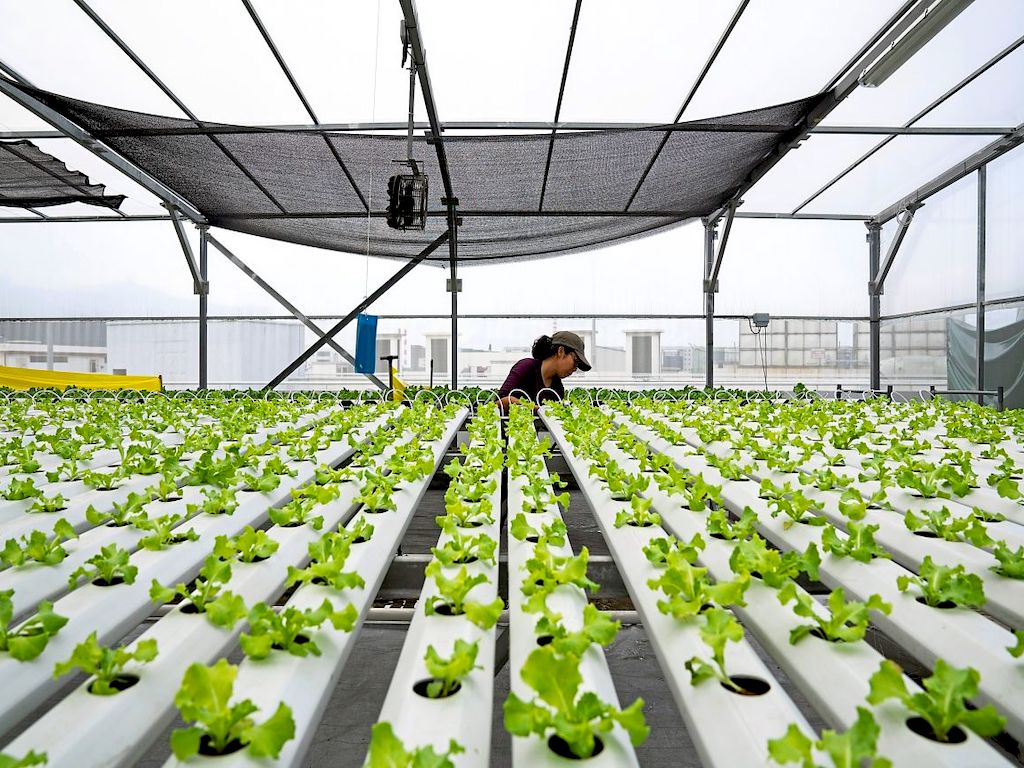4 Mins Read
A new Singapore body Future Ready Food Safety Hub (FRESH) has been set up to accelerate food safety research, support food science capabilities and enable regulatory responsiveness to speed up the commercialisation of novel foods. Launched by three Singapore agencies, the organisation is part of the city-state’s plan to bolster food security and lead sustainable food and protein innovation in the Asia region.
Established by Nanyang Technological University (NTU), Singapore Food Agency (SFA) and the Agency for Science, Technology and Research (A*STAR), the new FRESH hub aims to drive food safety science and innovation in Singapore. It comes on the heels of Singapore’s lead in the realm of alternative proteins, becoming the world’s first to approve the commercial sale of cultured meat in December 2020 and the base for an impressive list of homegrown and foreign food techs.
On the day of the launch on Tuesday (April 27), Professor Joanne Chan, director of the National Centre for Food Science (NCFS) at SFA, said: “FRESH provides an excellent opportunity for multi-disciplinary collaborations between researchers from various research institutions.”
“SFA will continue to work closely with the food industry on new food developments, as well as facilitate the exchange of food safety knowledge, experience and expertise, to support our ’30 by 30′ goal, which is to produce 30% of Singapore’s nutritional needs locally by 2030.”

FRESH provides an excellent opportunity for multi-disciplinary collaborations between researchers from various research institutions.
Professor Joanne Chan, Director of NCFS at SFA
Singapore’s local food production goal is part of its ambitious S$100 billion (US$72 billion) plan to adapt to a climate-stricken future, which was first announced in 2020.
In the wake of the pandemic, the country has also set aside extra investment dedicated to sustainable food production, a move many credit for Singapore’s lead in food and agri-tech innovation.
FRESH, which is working under the government’s food R&D Programme, will have three primary objectives. It seeks to close the gap in scientific research in food safety risk assessment to support novel product development, provide a “neutral platform” for stakeholders across the food R&D ecosystem to collaborate, and accelerate the time to market for novel products by addressing food safety issues early on in the process.
The platform builds on top of the SFA’s call in January this year, urging alternative protein firms around the world to apply early for regulatory approval for novel food products like cell-based proteins.
“By tapping on R&D to improve food safety and facilitate the introduction of novel foods to the market, Singapore is well on its way to becoming a leading agri-food and nutrition hub,” said Professor Ralph Graichen of A*STAR and chair of the FRESH advisory committee.

By tapping on R&D to improve food safety and facilitate the introduction of novel foods to the market, Singapore is well on its way to becoming a leading agri-food and nutrition hub.
Professor Ralph Graichen, FRESH Advisory Committee Chair, A*STAR Food and Nutrition and Consumer Care Director
With strong government support, many foreign startups have chosen Singapore as a base, the latest being Hong Kong’s cell-based seafood maker Avant Meats, who plans to build its pilot facility in the country and precision fermentation dairy company Perfect Day, who is collaborating with A*STAR for its R&D hub.
They join Singapore’s cohort of homegrown food techs, ranging from cultivated protein players like cell-based milk maker TurtleTree Labs, and crustacean-focused Shiok Meats, jackfruit alternative meat startup Karana, and the latest plant-based chicken brand Tindle.
Aside from supporting novel alternative protein development, FRESH also caters to other food solutions, such as agri-tech and urban farming, which all contribute to Singapore’s national efforts to bolster food security.
“NTU is pleased to partner with SFA and A*STAR under the framework of Singapore Food Story on both urban farming and alternative proteins, as well as advisory role on various panels and committees on food matters,” commented Professor Lam Khin Yong, senior vice president of research at NTU.
Lead image courtesy of Eat Just / Good Meat.




